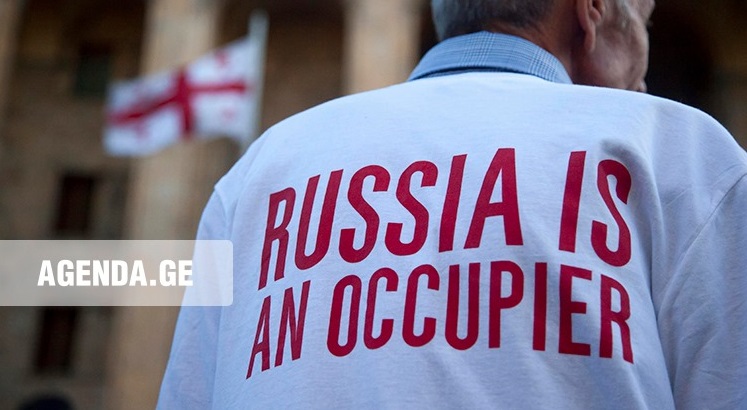Georgia confirms facts of illegal ‘borderisation’ on occupation line in Tskhinvali region

The ongoing illegal activities by the occupation forces were in the focus of the 104th meeting of the Incident Prevention and Response Mechanism, a platform facilitating exchange of information between the sides, on January 20. Photo: Nino Alavidze/Agenda.ge.
The Russian occupation forces carried out various types of unlawful activities, including illegal ‘borderisation’, throughout the month of January along the de-facto boundary line separating the Russian-occupied Tskhinvali (South Ossetia) region from the government-controlled territory, Georgia’s State Security Service (SSS) has announced.
On Thursday the state body reported “illegal destructive activities” observed near the village of Mejvriskhevi, adjacent to the administrative boundary line marking the de-facto border, while other actions were noted near the village of Jariasheni in Gori Municipality.
However, the agency has denied reports on houses of local residents having been left beyond the latest position of the occupation line following the acts of ‘borderisation’ - the periodic shifting of the de-facto boundary by occupation forces.
Each case of the illegal ‘borderisation’ and illegal activities of the occupation forces is subject of strict responses from the Georgian central government and our international partners,” the SSS said.
The European Union Monitoring Mission (EUMM) and the co-chairs of the Geneva International Discussions (GID) have been informed about the cases, the state body added.
The ongoing illegal activities by the occupation forces were in the focus of the 104th meeting of the Incident Prevention and Response Mechanism, a platform facilitating the exchange of information between the sides, on January 20.
The EUMM in Georgia was established on 15 September 2008, following the Russia-Georgia war, to monitor the EU-brokered 6-Point ceasefire agreement between the two countries, however, the mission has no access to the occupied territories of Abkhazia and Tskhinvali (South Ossetia).
The mandate of the missions had originally been authorised for a year, however it has been extended eight times since then.
 Tweet
Tweet  Share
Share